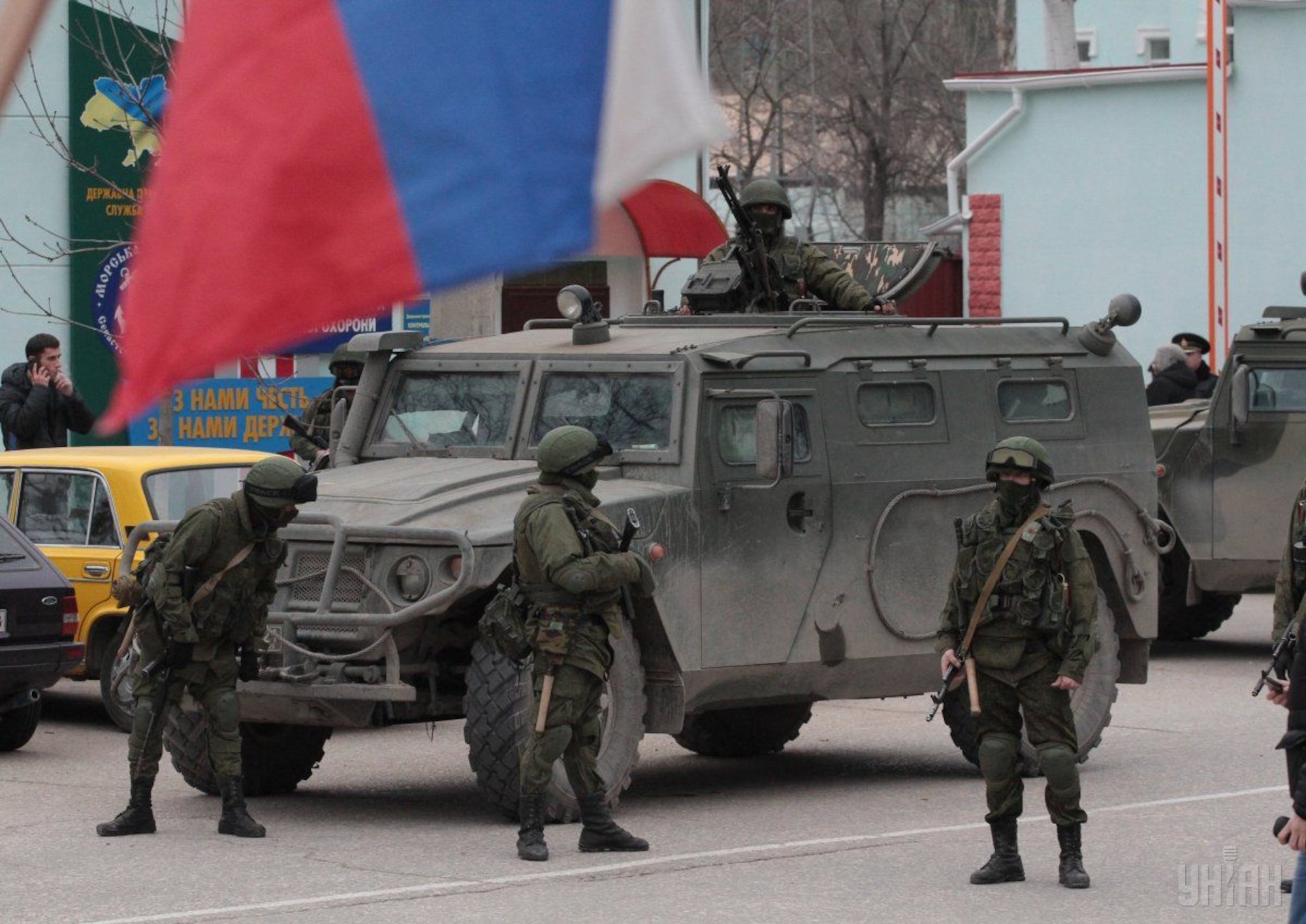by Shehla Rahim 16 October 2023
Recently, there is a notable surge in the self-directed actions undertaken by some of the world’s most influential nations on the international stage. Simultaneously, concerns have mounted regarding the diminishing efficacy of the United Nations (UN) in addressing and managing global conflicts a, and unilateralism is marsinghe prospects of conflict resolution.
In global politics, unilateralism pertains to the practice of individual nations taking autonomous actions without the concurrence or collaboration of other states or international organizations. This approach often involves the pursuit of national interests and security sans adherence to multilateral accords or the pursuit of diplomatic consensus. In recent years, several major global powers have increasingly employed unilateral actions, which bear significant consequences for international relations.
Instances of unilateral actions by prominent global powers encompass military interventions in sovereign nations, the imposition of trade sanctions, withdrawal from international agreements, and the imposition of tariffs. For instance, the United States’ decision to withdraw from the Paris Agreement on climate change in 2017 and the Joint Comprehensive Plan of Action (Iran Nuclear Deal) in 2018 exemplify unilateral choices that resonate globally.
Unilateral actions by influential nations can have extensive ramifications for global stability and cooperation. These actions can undermine diplomatic endeavors, corrode international standards, and breed distrust among nations. Hence, unilateral actions pose a direct challenge to the bedrock of the UN system, which is multilateral cooperation. Multilateral collaboration is indispensable for addressing intricate global issues, including conflict resolution, climate change mitigation, and response to public health crises. The ascendancy of unilateralism erodes the ability of international institutions to coordinate collective responses.
Similarly, the disregard for international agreements and treaties erodes the credibility of global commitments. When major powers unilaterally withdraw from agreements, they set a precedent that encourages others to follow suit, resulting in instability and uncertainty. Likewise, unilateralism often sidelines diplomatic efforts in favor of military or economic coercion. Diplomacy and dialogue, critical tools for conflict resolution, suffer as a consequence.
The United Nations, established in the aftermath of World War II, was founded with the primary objective of upholding international peace and security. The UN’s Charter delineates principles and mechanisms for addressing conflicts and preventing wars. These mechanisms encompass diplomacy, peacekeeping missions, and the utilization of economic sanctions when deemed necessary. Throughout its existence, the UN has played a pivotal role in mediating conflicts, conducting peacekeeping operations, providing humanitarian aid, and aiding in post-conflict reconstruction. The organization’s efforts have been pivotal in averting and resolving numerous conflicts worldwide. Nevertheless, the UN’s effectiveness in these pursuits has encountered mounting challenges.
The rivalry and polarization among dominant powers have impeded the UN Security Council’s capacity to achieve unanimity on crucial matters. Members wielding veto power frequently prioritize their national interests over collective security. Besides, contemporary conflicts are frequently characterized by their intricacy, involving numerous non-state entities, transnational terrorism, and civil wars. These complexities render conflict resolution an even more formidable task. Last but not the least, the UN peacekeeping missions frequently face resource shortages, encompassing funding, personnel, and equipment, hindering their ability to effectively address conflicts.
The surge in unilateralism presents formidable challenges to the United Nations’ effectiveness in conflict resolution and international diplomacy. The unilateral actions of significant global powers can undercut collective endeavors aimed at preserving peace and security. Addressing these challenges necessitates a renewed commitment to multilateralism, diplomacy, and comprehensive UN reforms. The world’s preeminent powers must acknowledge the significance of collaborating within the framework of the UN to effectively address global conflicts and challenges. Only through united action can we aspire to construct a more peaceful and secure world.




0 Comments
LEAVE A COMMENT
Your email address will not be published